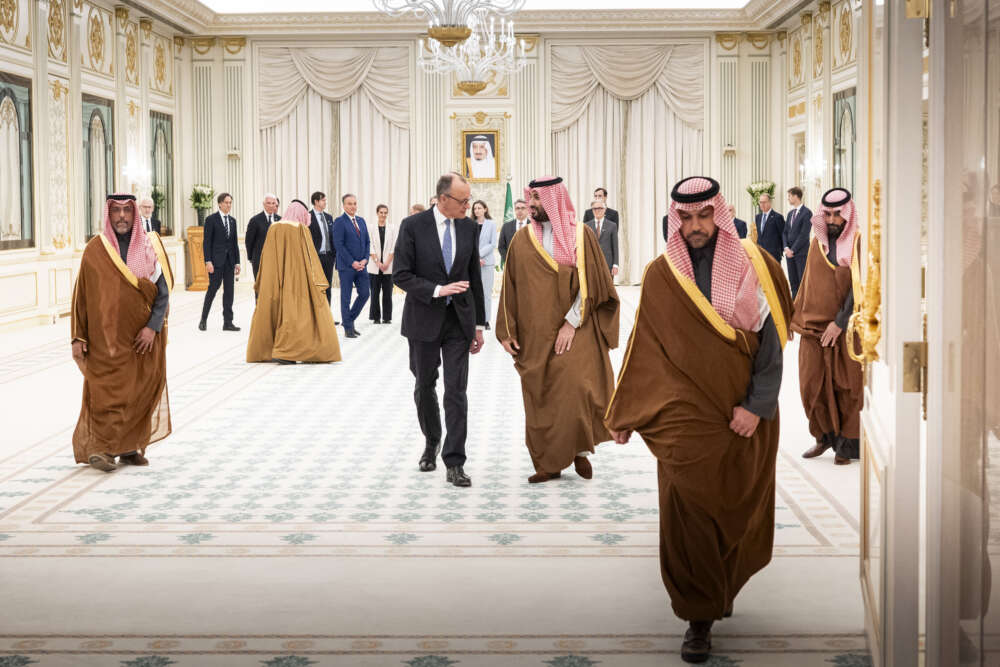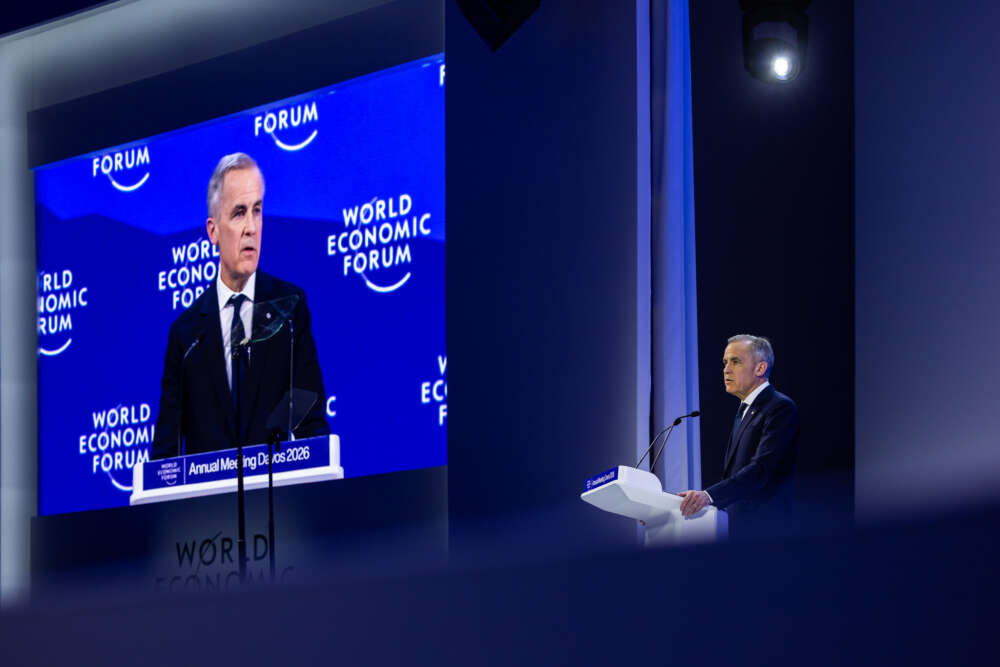A Race for Warmth
Plunged into icy darkness following Russian airstrikes, Ukraine is experiencing its harshest wartime winter yet. Some of the human suffering was preventable – if only Ukraine’s Western allies had invested more in Ukraine’s air defense and energy systems.
New Research: Future of Global Governance
The ENSURED project recently published five brand-new research reports on the effectiveness, robustness, and democratic character of key institutions and systems governing global artificial intelligence, biodiversity, global health, sex and gender (women’s & queer rights), and global taxation.
If you’re following debates about the future of global governance, you won’t want to miss this important research.
Vision Staat 2040
Die Demokratie in Deutschland und Europa steht unter Beschuss; eine Staatsreform ist unabdingbar. Aber wie kann Staatsreform gelingen und zu Resilienz beitragen?
Münchner Sicherheitskonferenz: Warum zivile Sicherheit unter die Räder kommt
Sicherheitspolitik ist mehr als Militär und beginnt bei Lieferketten, Energiesicherheit, Rohstoffen und der Frage, wie widerstandsfähig Staaten und Gesellschaften in Krisen sind. Ausgerechnet die zivilen Instrumente brechen gerade weg, obwohl sie in vielen Konflikten die entscheidenden Stellschrauben sind.
Beyond the Big Powers
Where is Germany really heading as it scrambles to diversify its foreign‑policy partnerships?
Critical Raw Materials: Reducing Strategic Dependencies in Germany and Europe
Over the past decades, China has become dominant in many critical raw materials (CRM) supply chains, particularly in midstream segments. In certain cases, Germany and Europe are almost entirely reliant on supplies from China.
Two current GPPi projects are delving into the debates on raw materials supply chain security and strategic autonomy, aiming to equip policymakers and industry leaders with actionable recommendations.
Learn more about our work on how Germany can overcome the structural obstacles that have hampered its resilience efforts, as well as our research on what realistic, mutually beneficial CRM partnerships between European and African actors could look like.
The Perfect Storm
Over the past years, the aid sector has witnessed the brewing of a “perfect storm,” which is now resulting in massive cuts in (humanitarian) aid budgets. This commentary looks at the new reality of humanitarian aid and considers its future direction.
Warum Aufrüstung allein keine Sicherheit bringt
Europa will in der Verteidigung eigenständiger werden. Dieses Signal wird auch von der Münchner Sicherheitskonferenz ausgehen. Aber: Es reiche nicht aus, der Sicherheitslage nur mit militärischen Mitteln zu begegnen.
Unsere Machtlosigkeit und die neue Weltordnung
In diesem Interview argumentiert Sofie Stoffel, dass die Politik der USA – aber auch anderer Staaten – durch die analytische Linse des Narzissmus erklärt werden kann.
Who Gets Aid in a Resource-Constrained Environment
Serving more people facing food insecurity with an increasingly shrinking budget, the World Food Programme (WFP) has to make tough decisions about who receives aid and who does not. This evaluation examines WFP’s approaches to targeting and prioritization for food and nutrition assistance and tracks whether these approaches indeed help WFP reach those most in need.
Foreign Malign Influence in the Western Balkans and the EU's Eastern Neighborhood
How could foreign malign influence impact EU candidate countries? Six scenarios for 2035.
The Carney Doctrine Needs a Dose of Realism – and Honesty
Mark Carney’s Davos speech was outstanding. However, as inspiring as the Canadian prime minister’s new middle powers doctrine is, it needs more honesty and realism.









